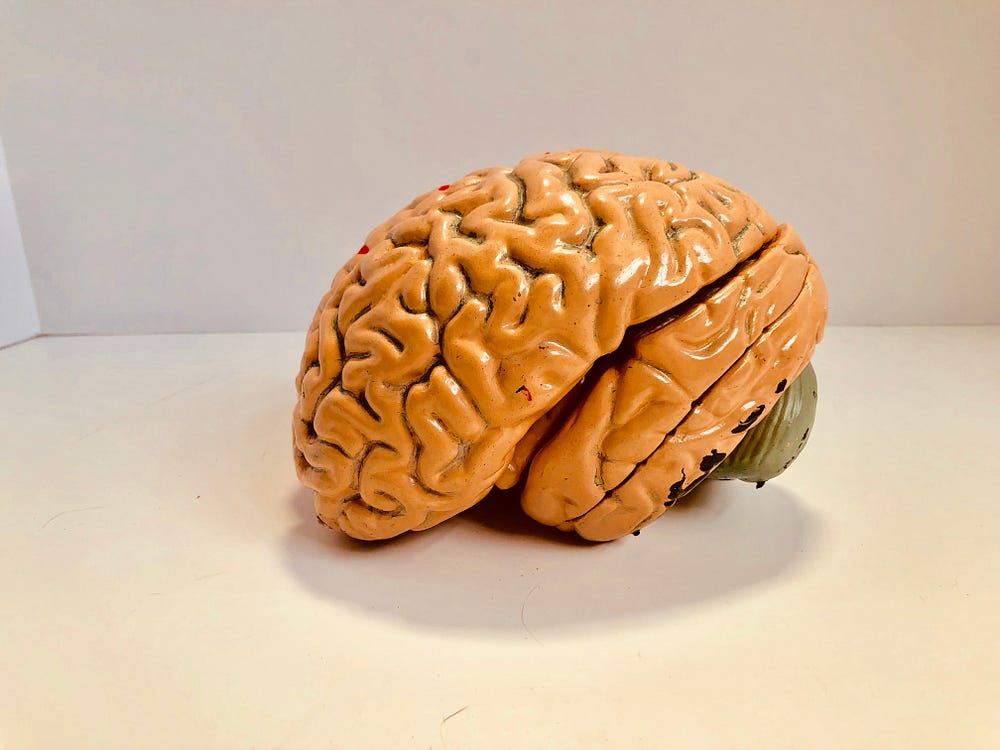
Understanding the Various Stages of Alzheimer’s Disease
Alzheimer’s disease is a debilitating medical condition that affects millions of people worldwide. This progressive neurodegenerative disorder leads to a decline in cognitive abilities, including memory, thinking, and behavior. It is the most common form of dementia, a group of disorders that affect mental and social abilities, resulting in a decline in overall quality of life. Let’s take a closer look at the seven stages of Alzheimer’s disease and the symptoms associated with each stage.
Stage 1: No Impairment
At the earliest stage of cognitive decline, there are no visible signs of memory loss, thinking problems, or other cognitive impairments. People with no impairment can manage their everyday activities just like they used to, and their memory is functioning normally. However, it’s essential to note that even at this stage, Alzheimer’s disease may have already started damaging the brain.
Stage 2: Very Mild Cognitive Decline
At this stage, a person may have difficulties performing complex tasks or remembering some details, but they can still function independently. In this stage, you may experience minor memory lapses, such as forgetting familiar words or the location of everyday objects, and may sometimes struggle to recall important dates, appointments, or events. These symptoms are typically normal signs of aging and may not necessarily indicate Alzheimer’s disease.
Stage 3: Mild Cognitive Decline
At this stage, individuals may forget recent events, struggle with organizing or planning activities, and find it difficult to articulate themselves in conversations. They may also have difficulty concentrating and take longer to complete routine tasks. These changes may become noticeable to family and friends, but the individual can still function independently.
Stage 4: Moderate Cognitive Decline
During Stage 4, individuals with Alzheimer’s disease may struggle with simple arithmetic and may have difficulty remembering significant personal details such as their address or phone number. They may also have difficulty carrying out complex tasks such as managing finances, preparing meals, or planning events. These challenges can lead to increased frustration and anxiety for both the individual with Alzheimer’s and their caregivers.

Stage 5: Moderately Severe Cognitive Decline
Stage 5 of cognitive decline is characterized by significant memory loss and confusion about time and place. It is important to note that this stage is typically considered to be moderately severe, and individuals may require assistance with basic activities like bathing and dressing. At this point in the decline, it is likely that individuals will struggle with remembering important information such as their address, phone number, or even their own name.
Stage 6: Severe Cognitive Decline
At this stage, individuals may not remember the names of their loved ones or even their own personal history. Basic tasks such as eating and using the toilet may also become challenging for them. They may even wander off and get lost if not monitored closely. In this stage, it is vital to provide constant care and assistance to ensure the individual’s safety and well-being.
Stage 7: Very Severe Cognitive Decline
At this point, individuals lose the ability to communicate or respond to others around them. They may forget the names of people they know, including those closest to them such as family and caregivers. They are also unable to carry out even the simplest tasks and may become disoriented or agitated, leading to behavioral changes. Their motor skills decline, leading to a loss of control over their movements and balance. In this stage, the individual requires round-the-clock care, and the focus is on providing comfort and maintaining their quality of life.
The seven stages of Alzheimer’s represent a spectrum of cognitive decline, with each stage presenting unique challenges for individuals and their caregivers. It is essential that individuals and their loved ones seek medical attention if they suspect Alzheimer’s disease and that caregivers prioritize self-care and seek outside support when needed. With appropriate medical treatment, non-pharmacological interventions, and support, individuals with Alzheimer’s disease and their caregivers can improve their quality of life and manage the challenges of the disease.




